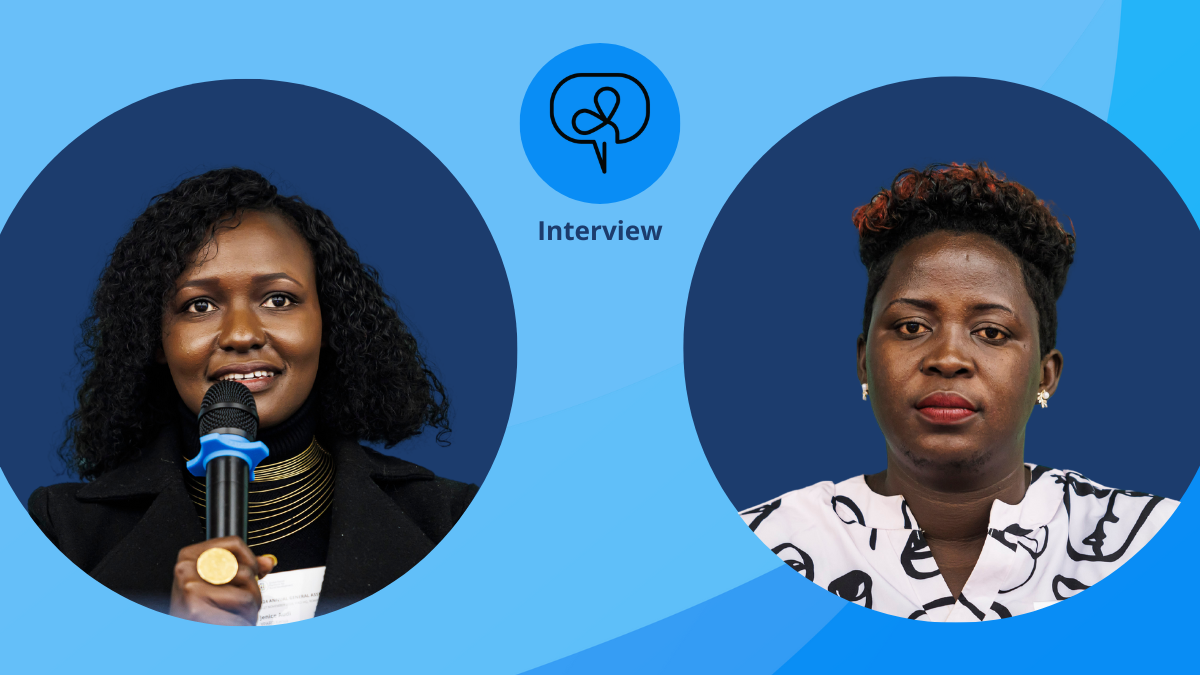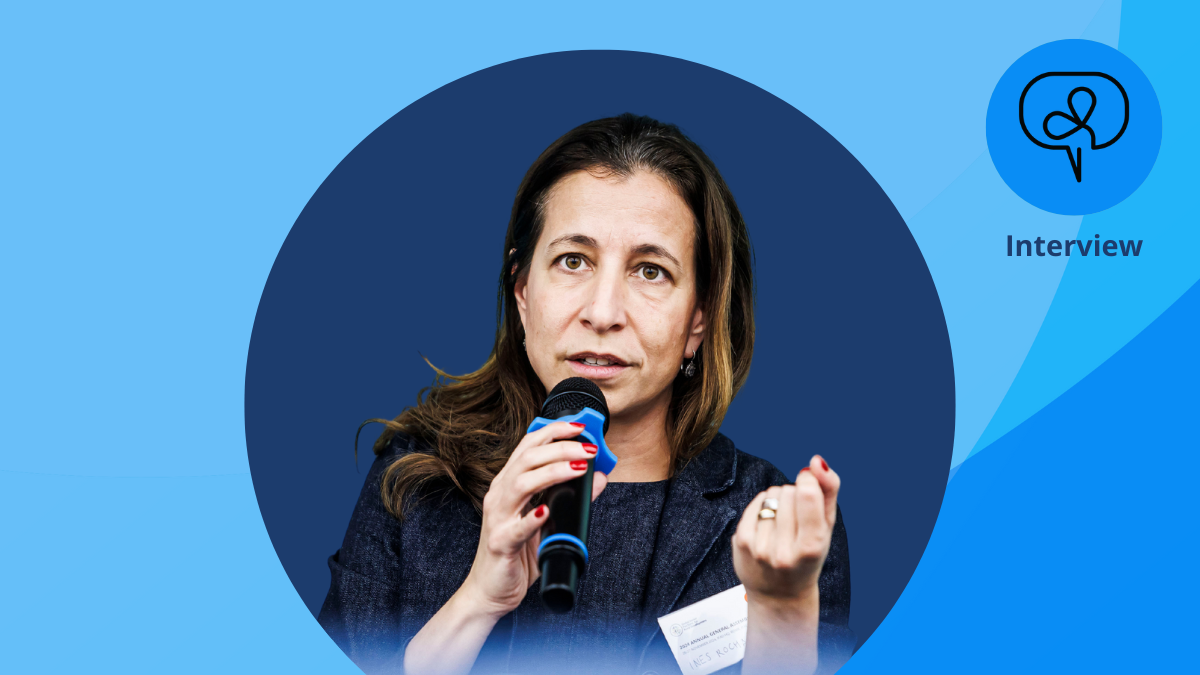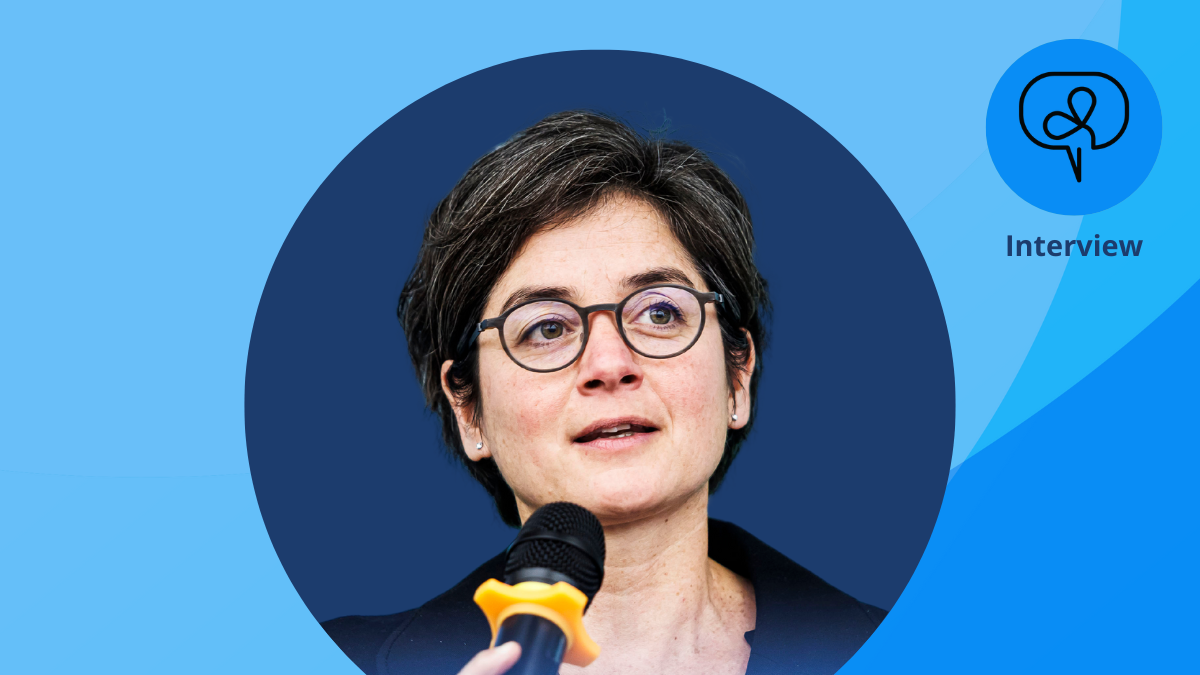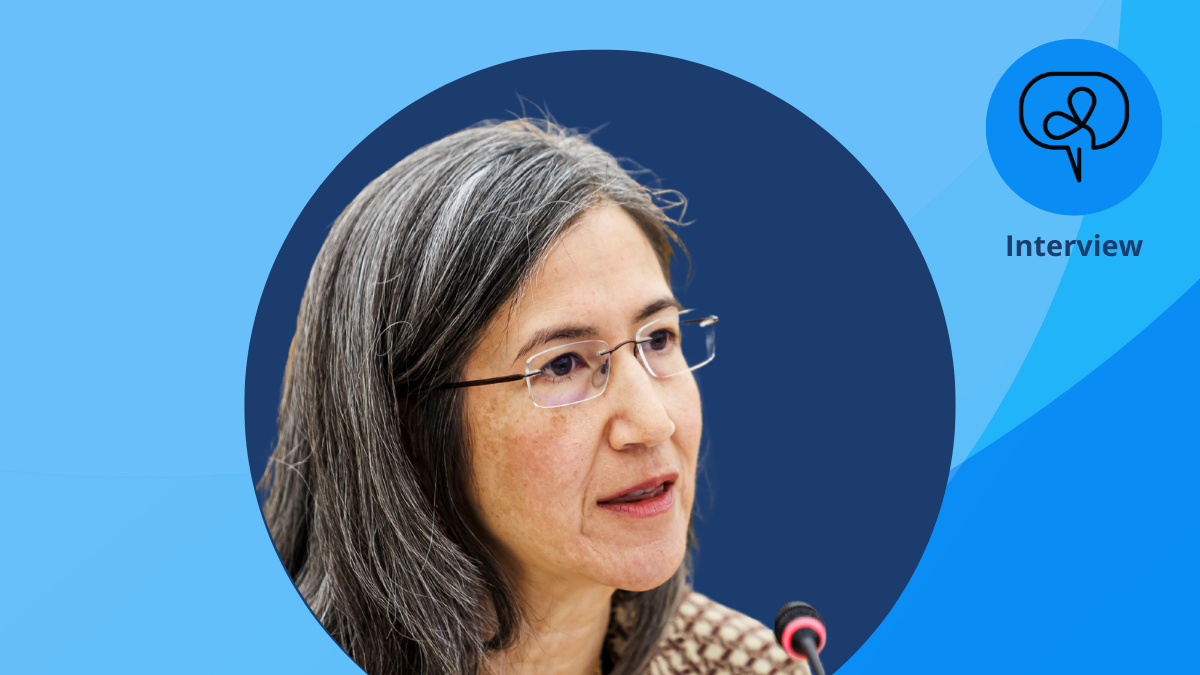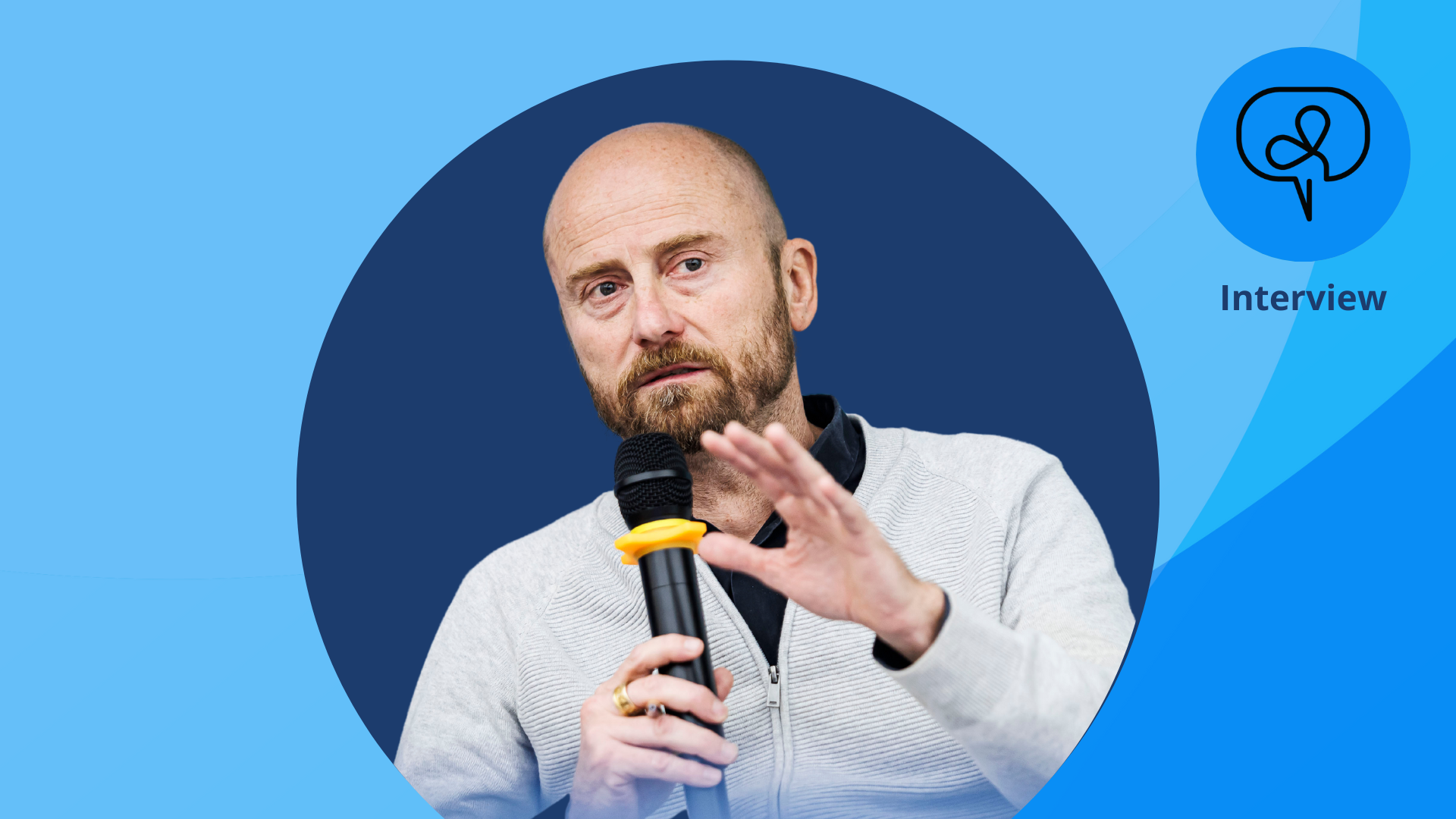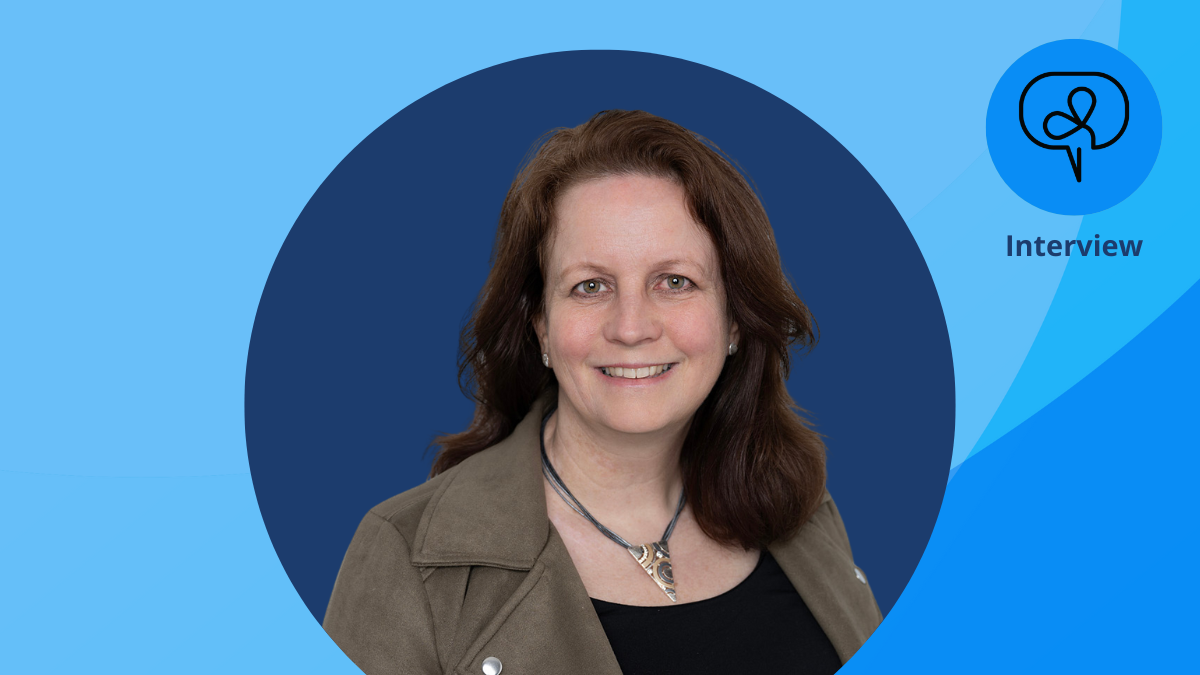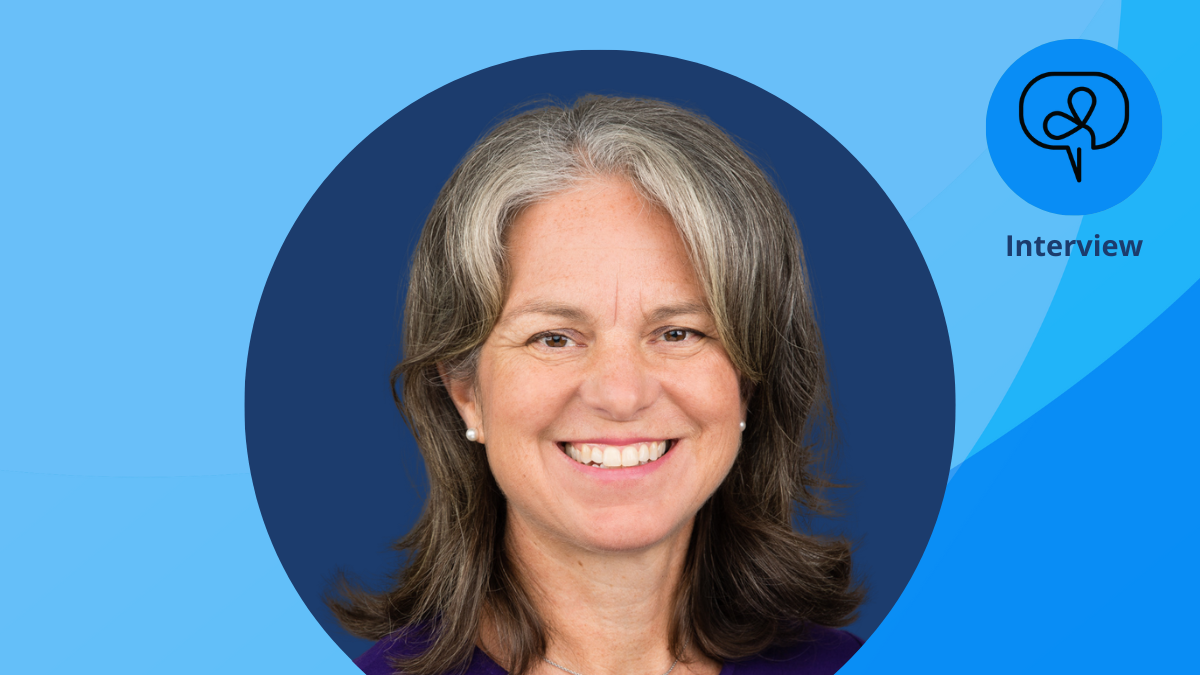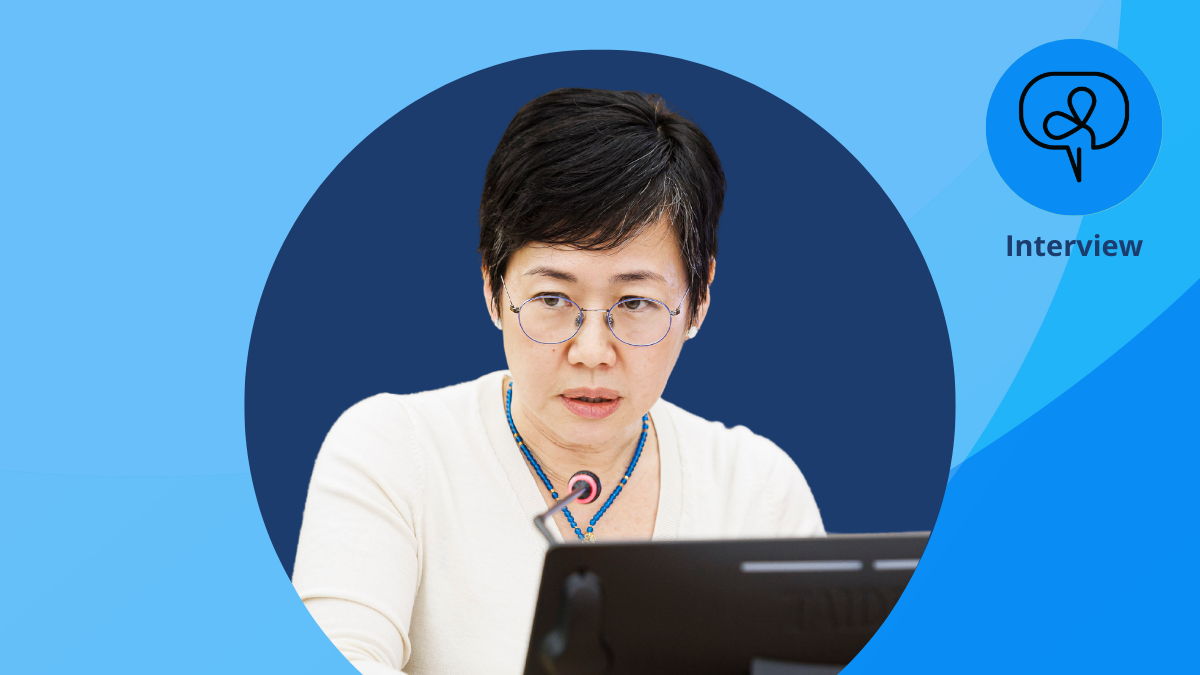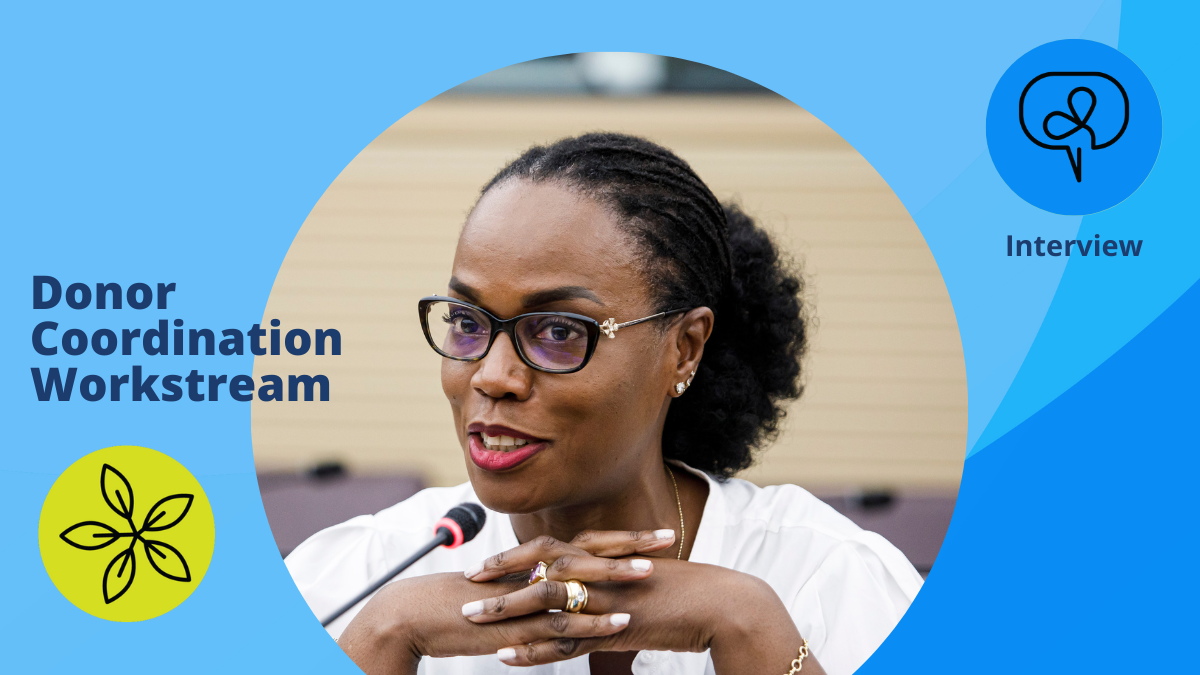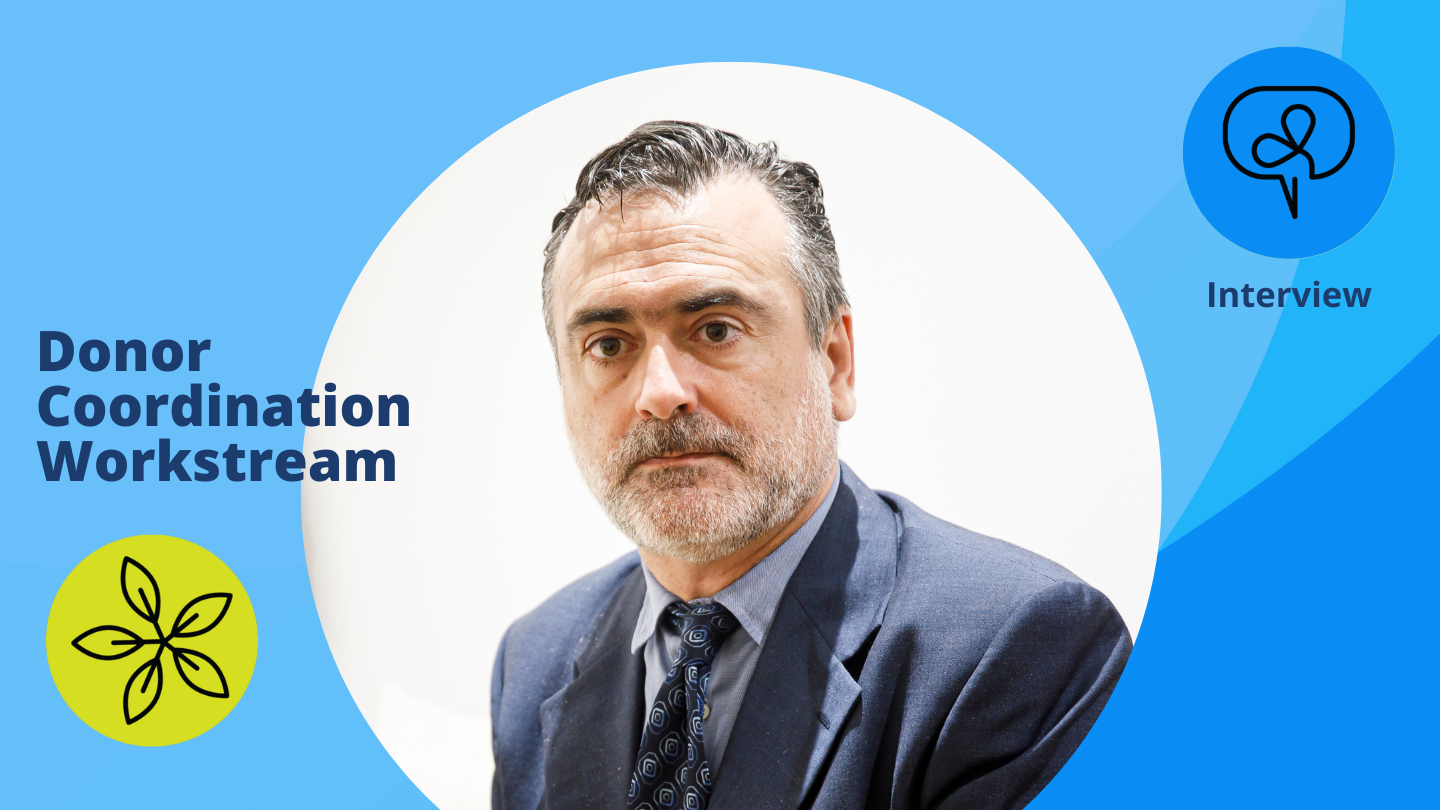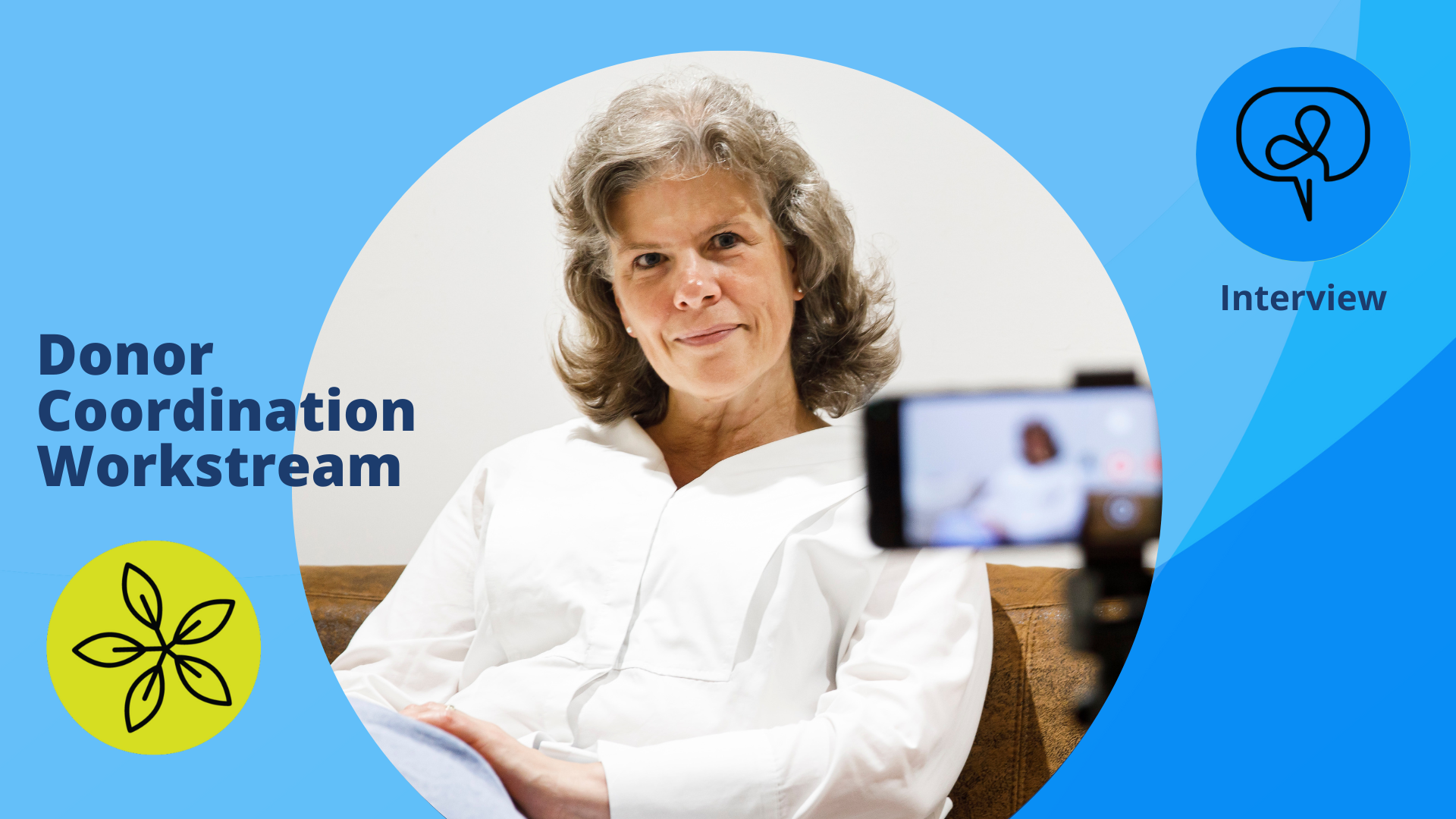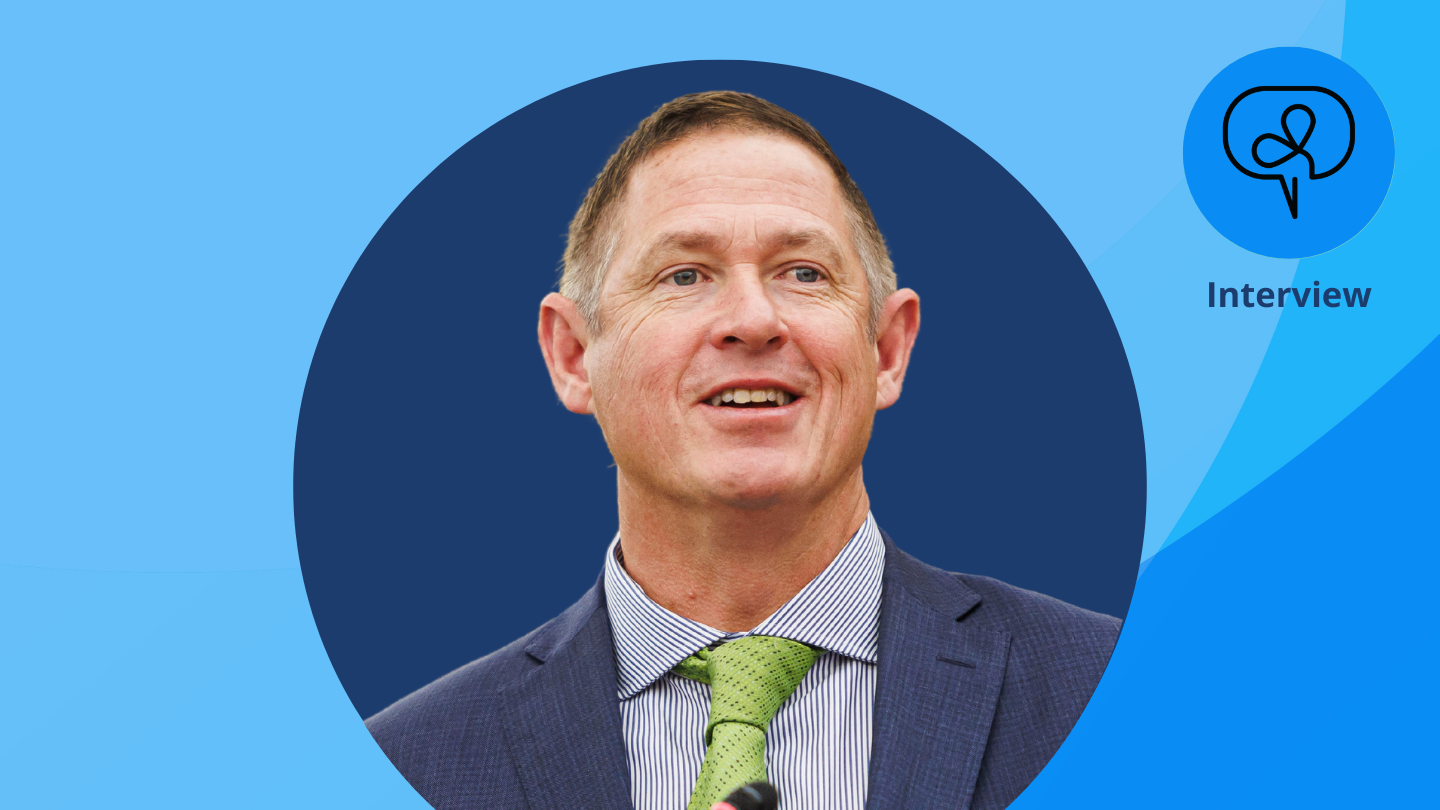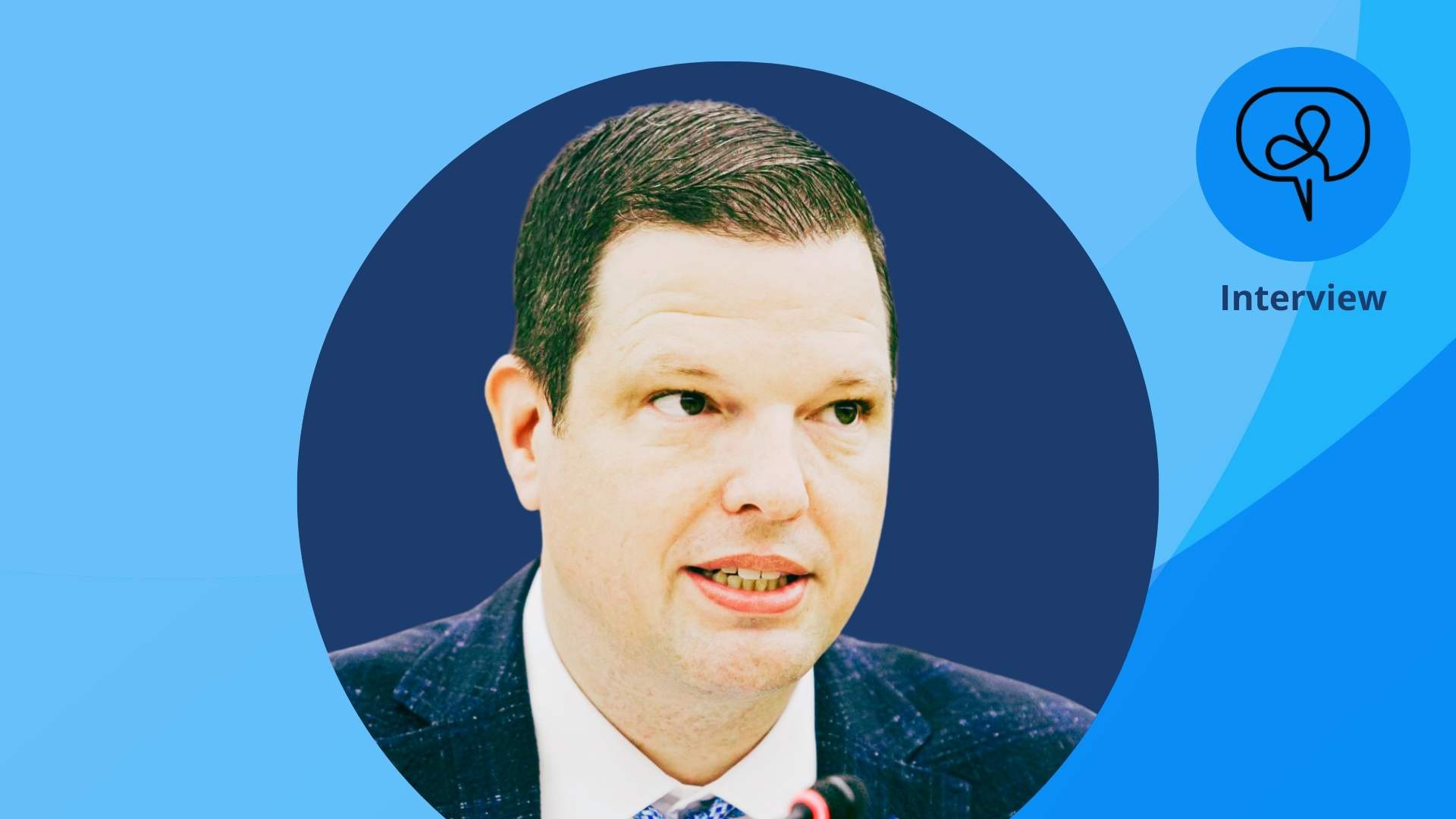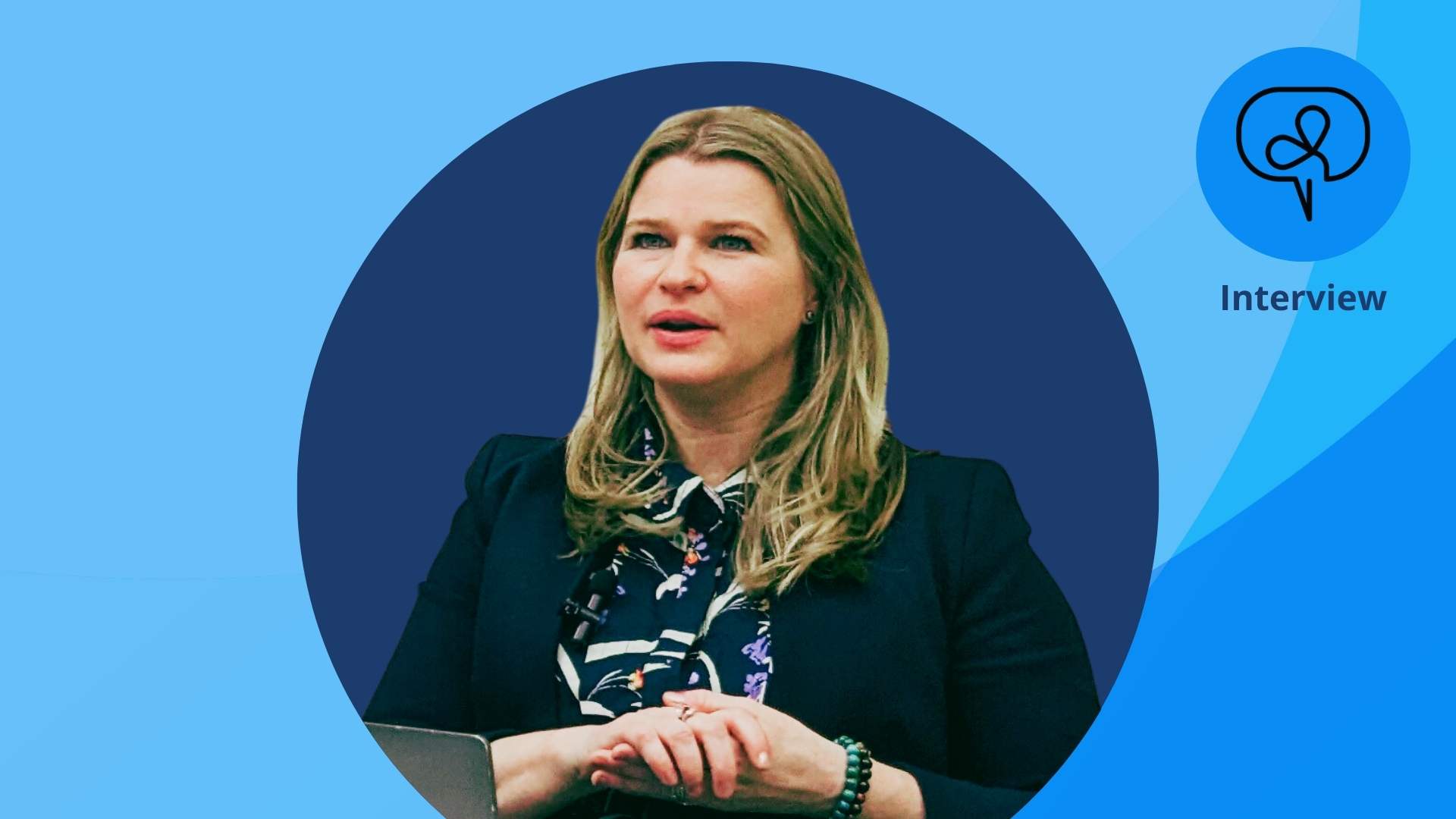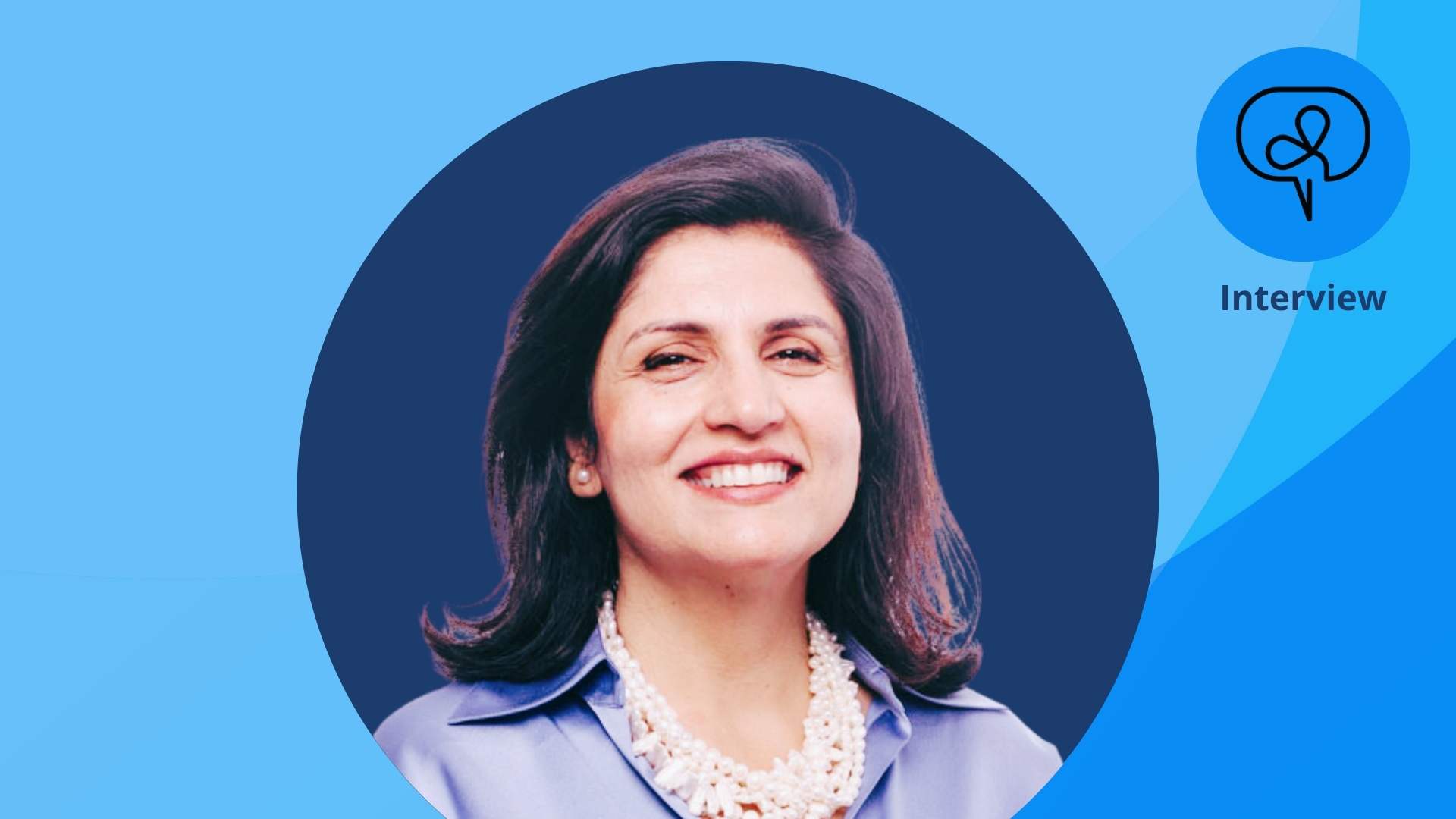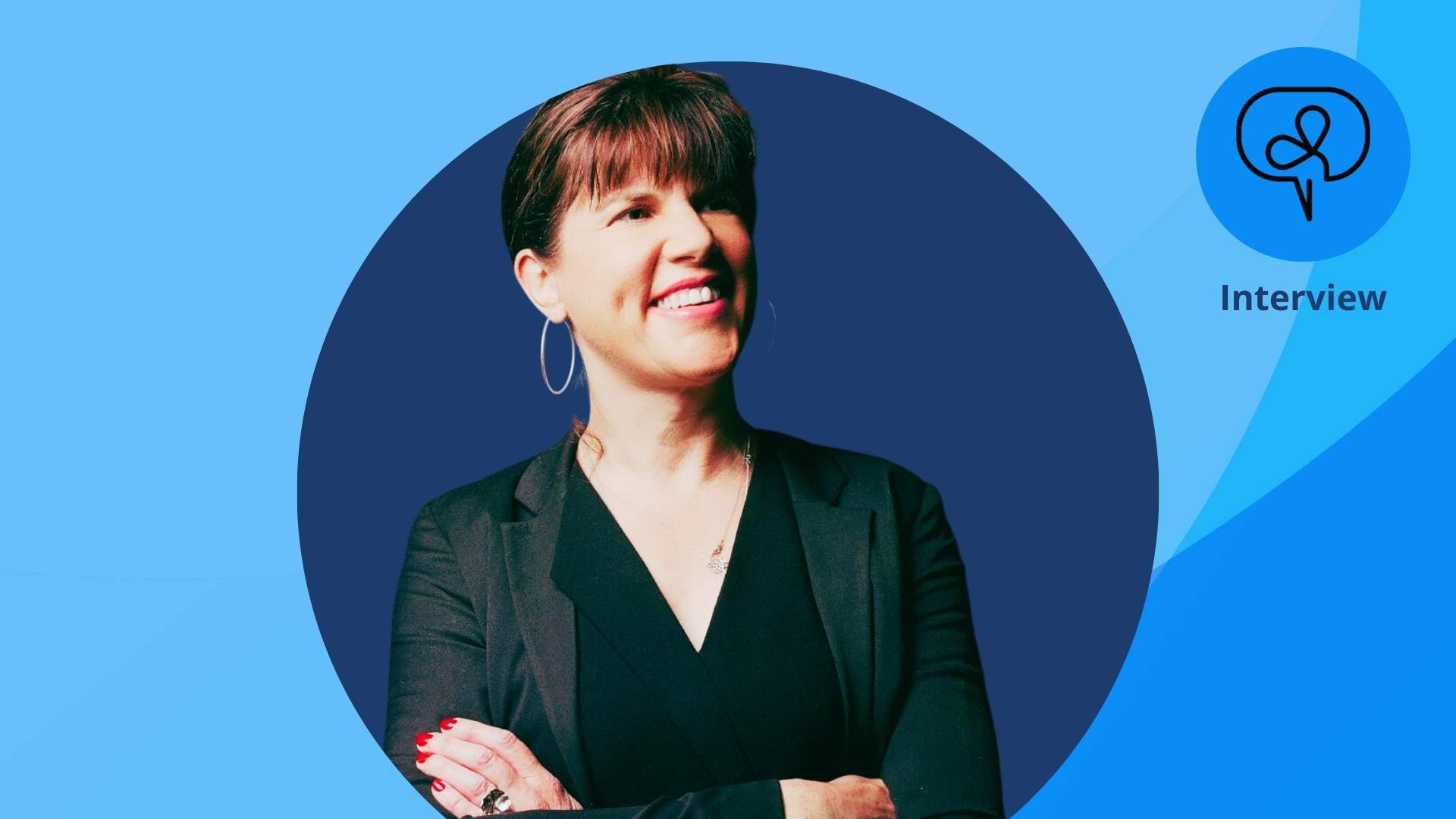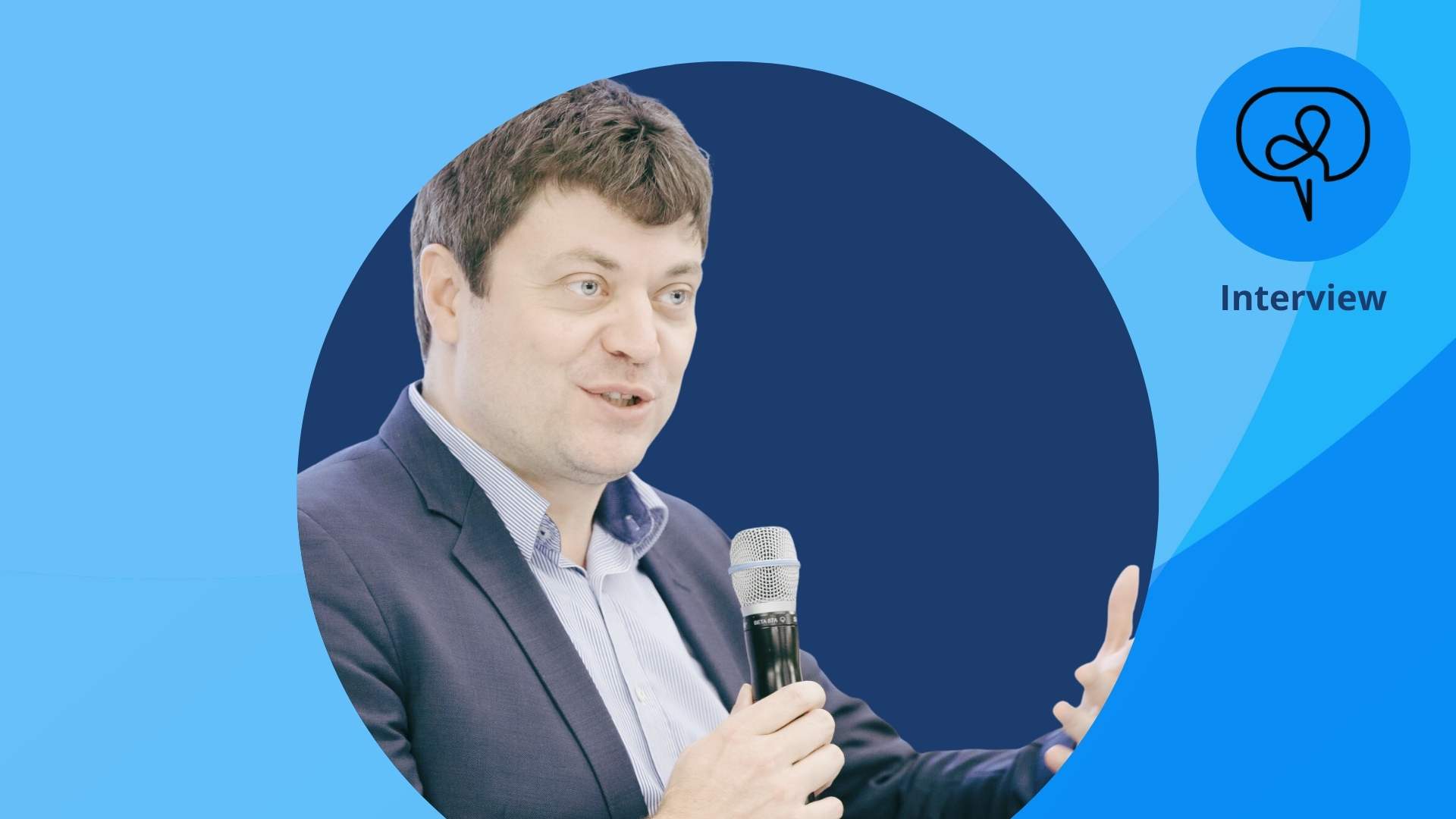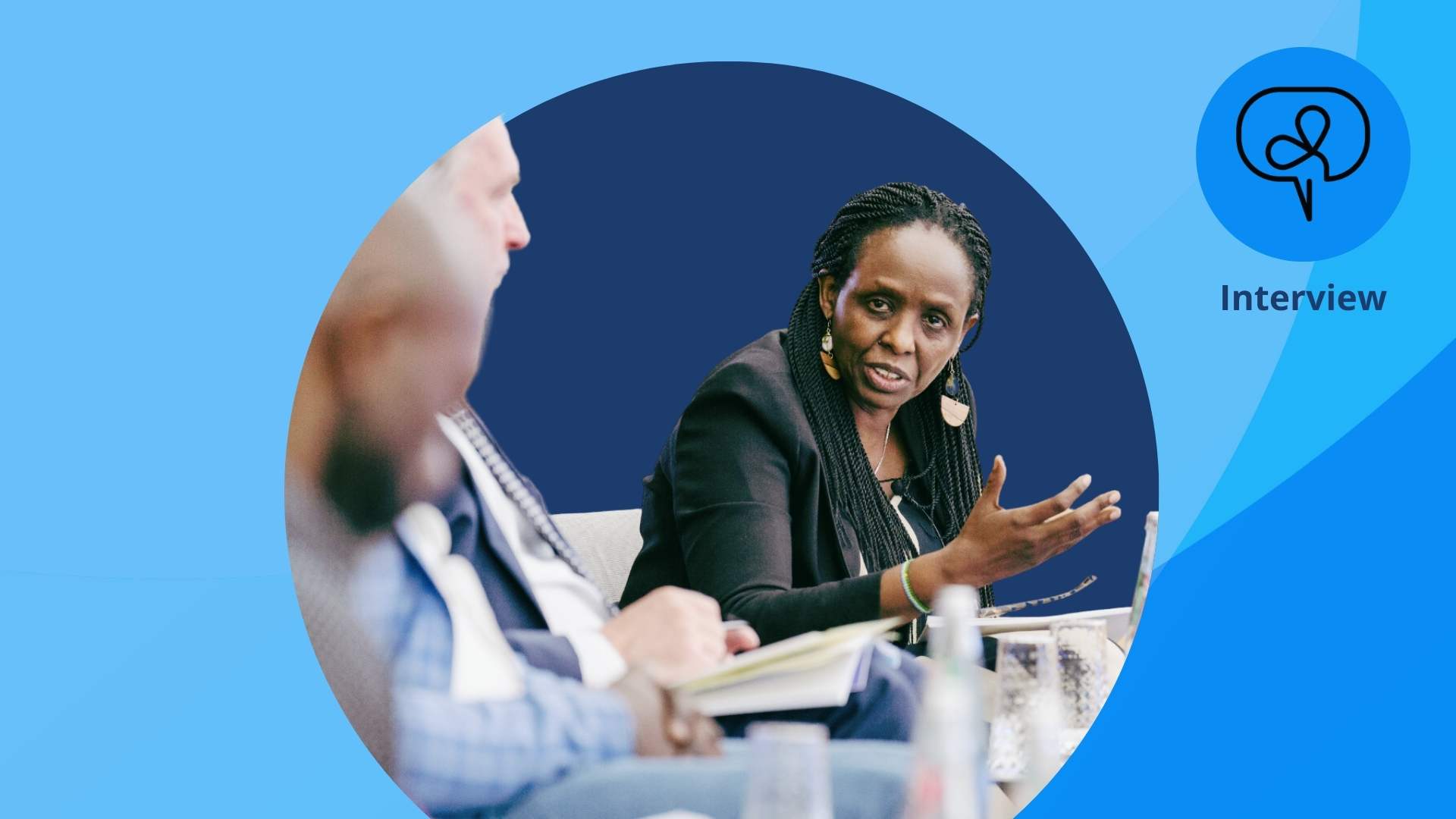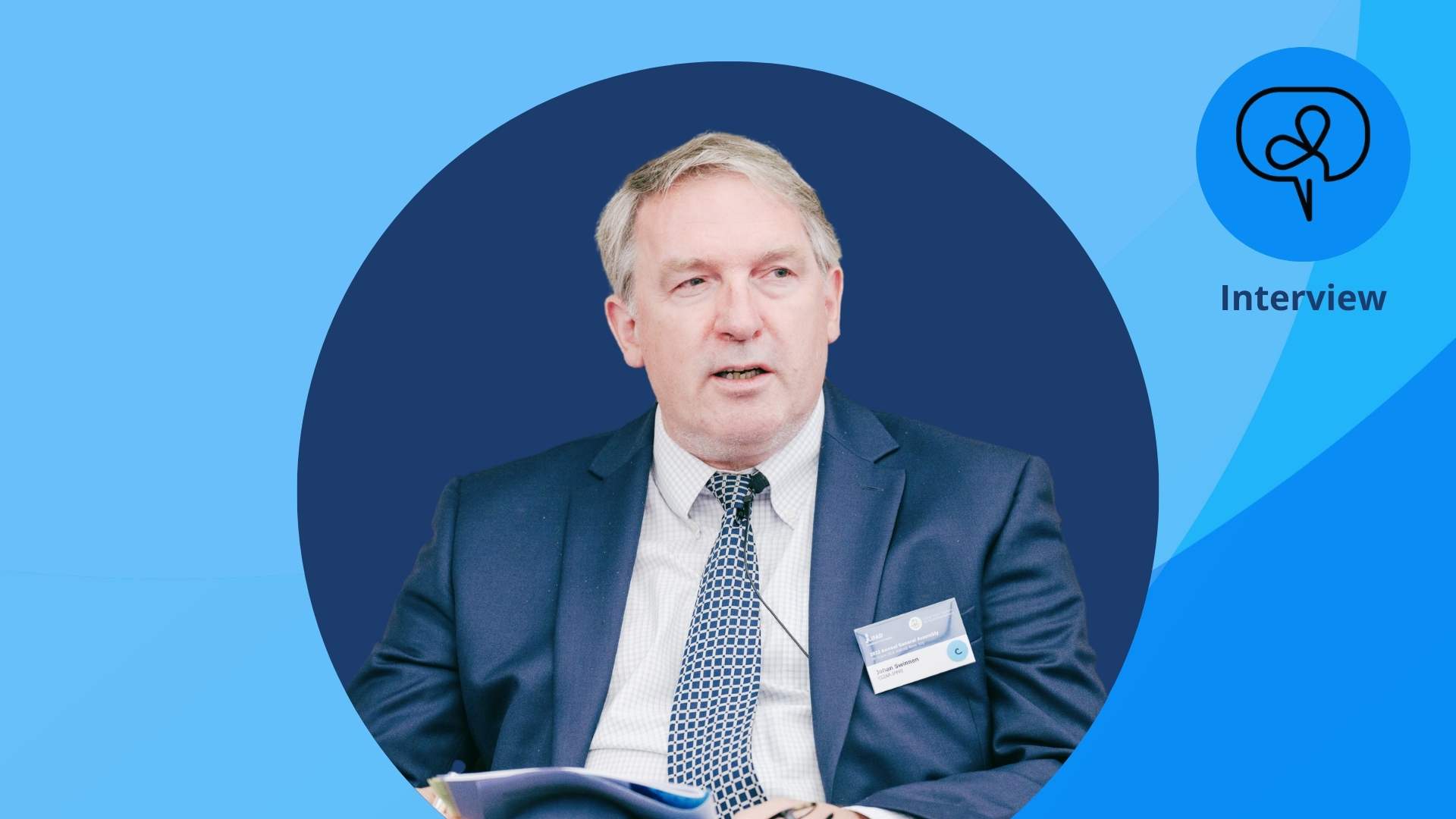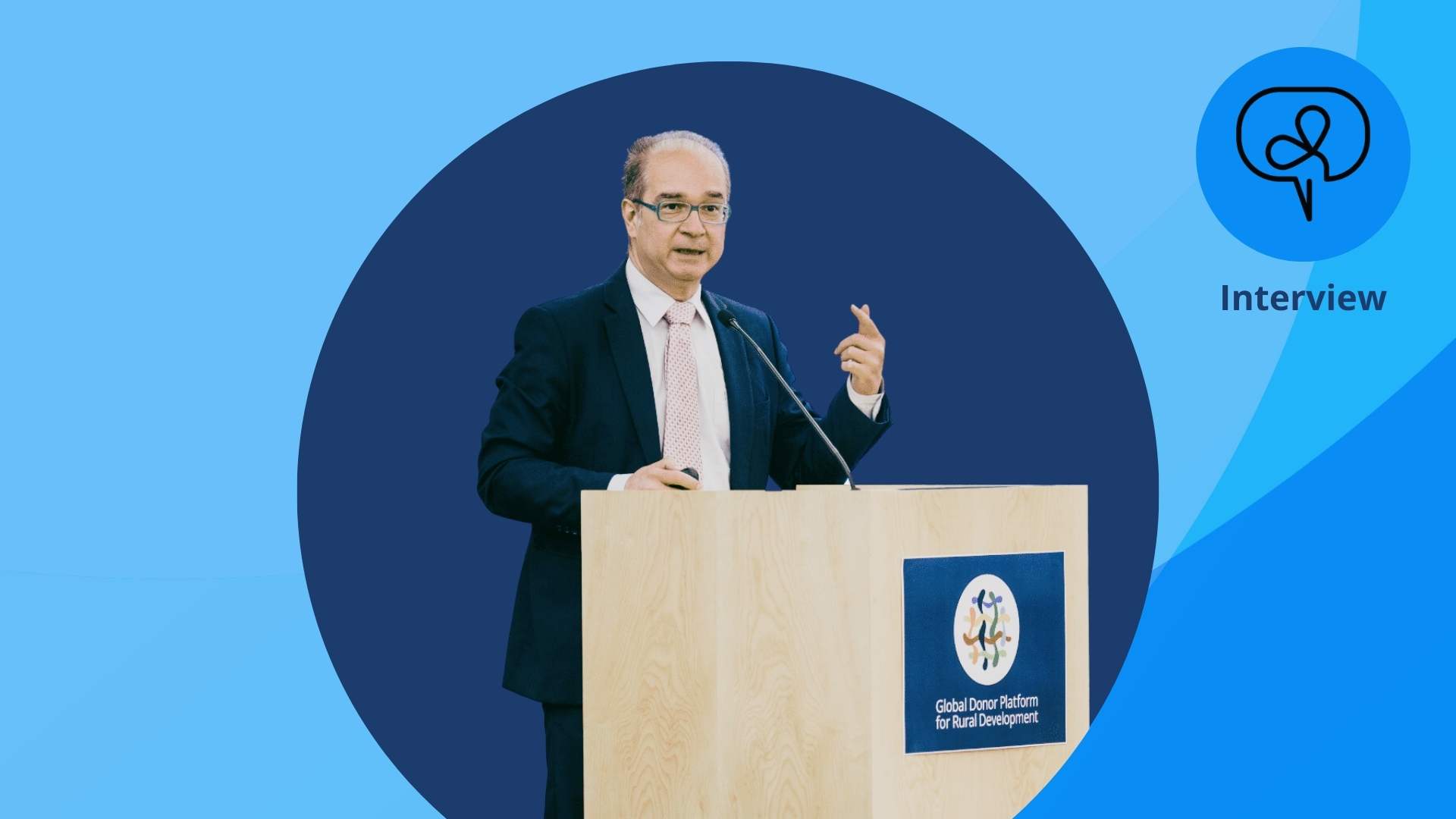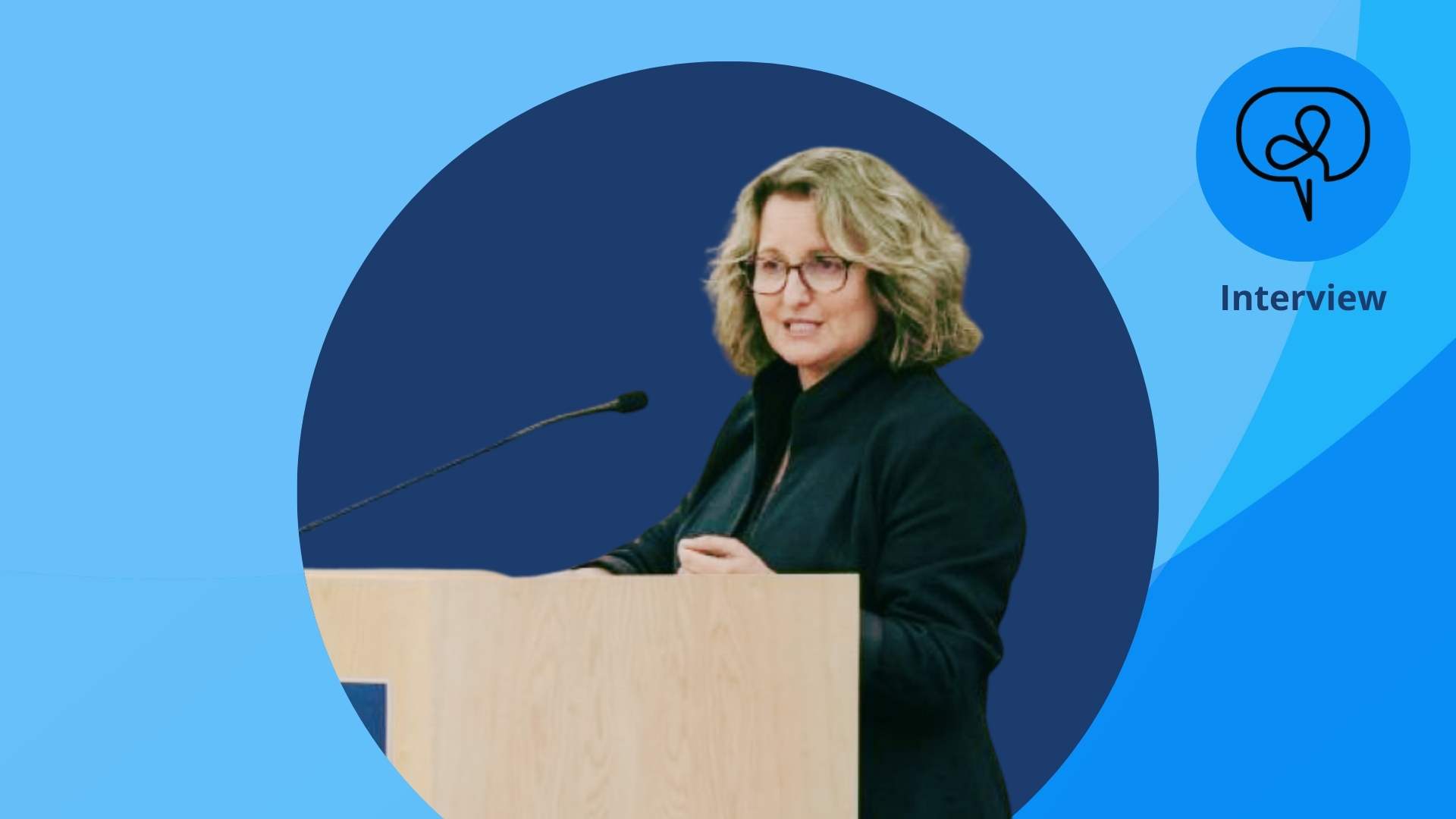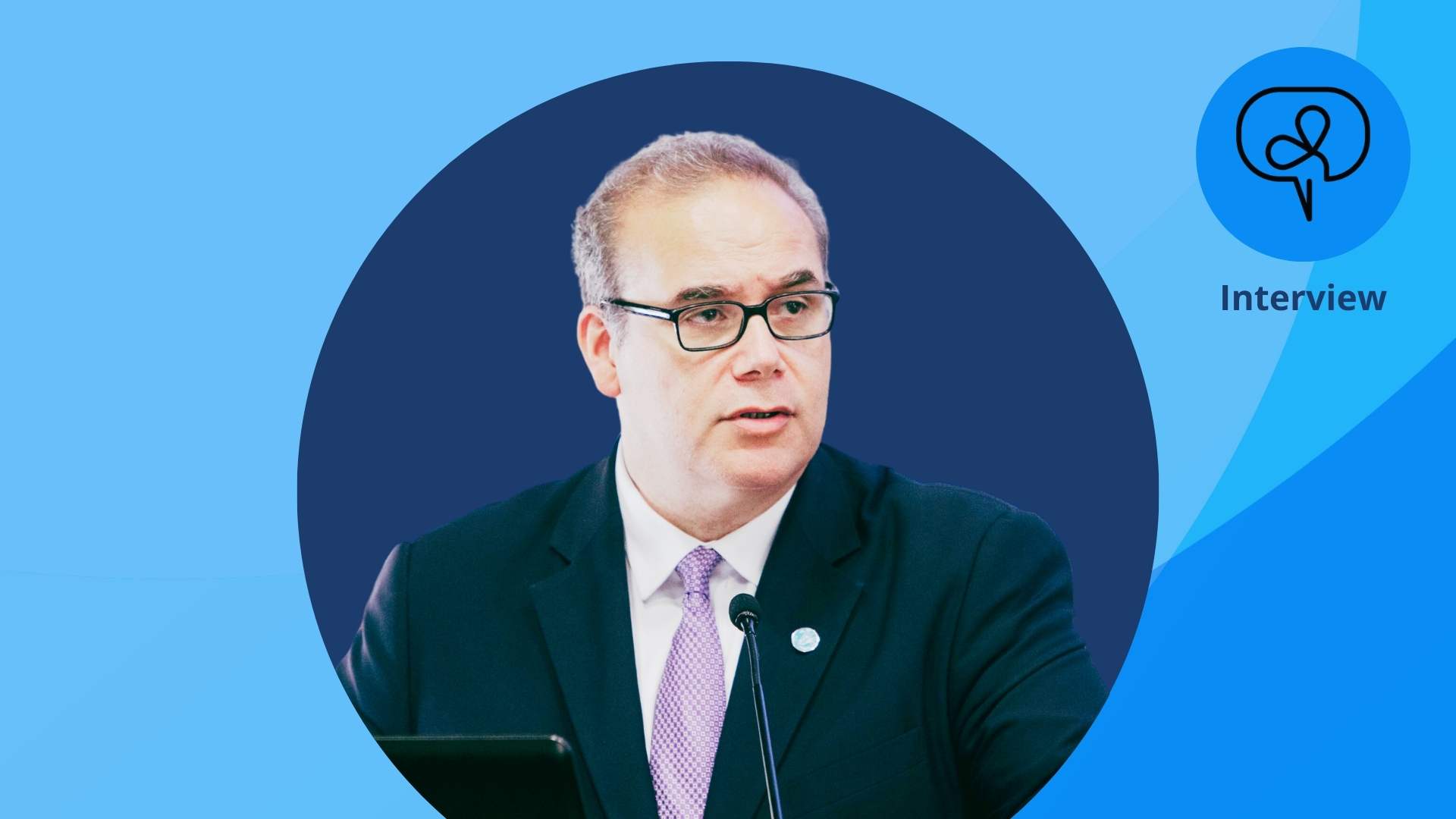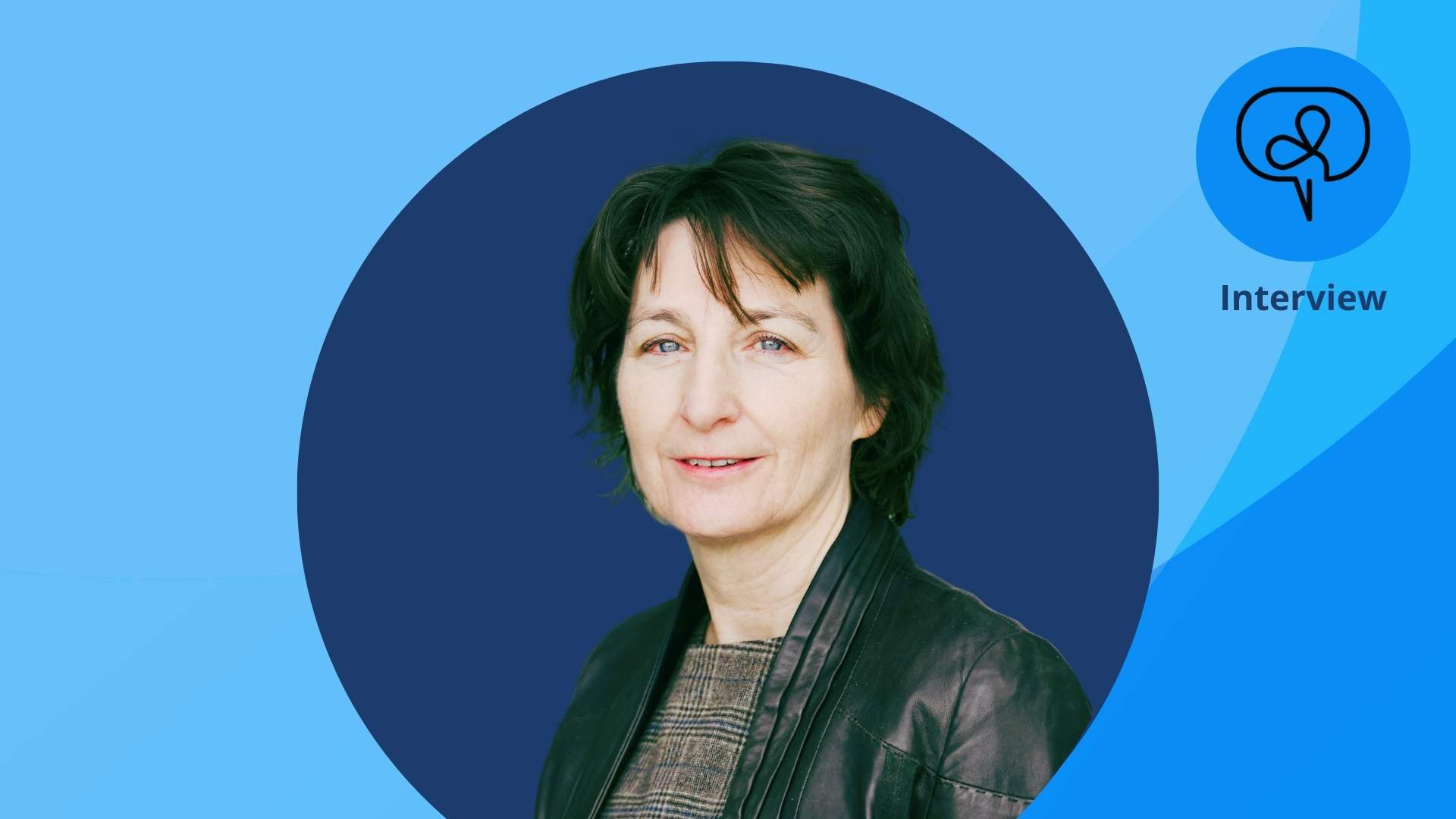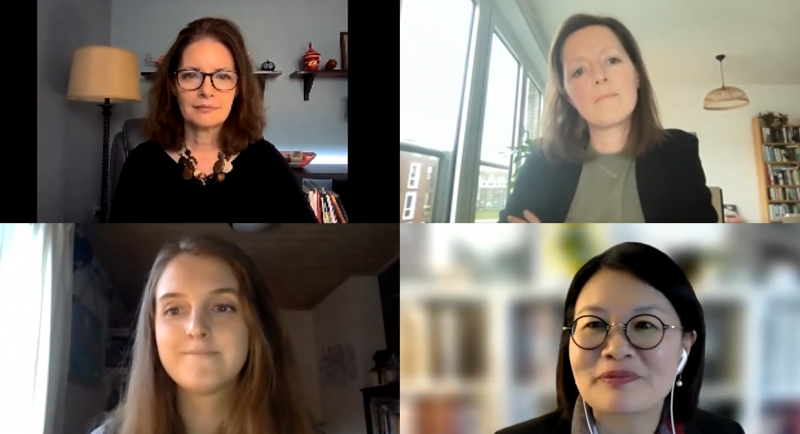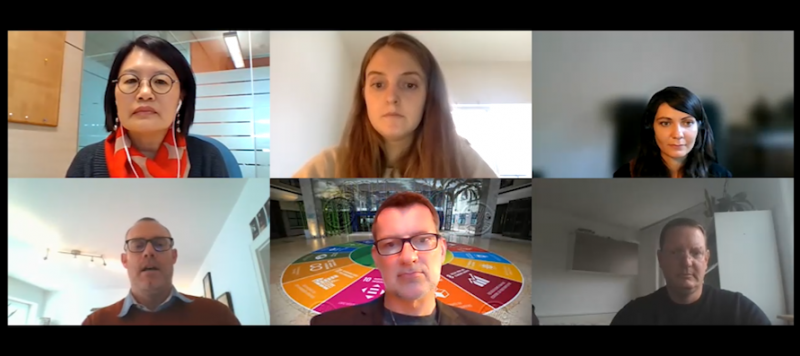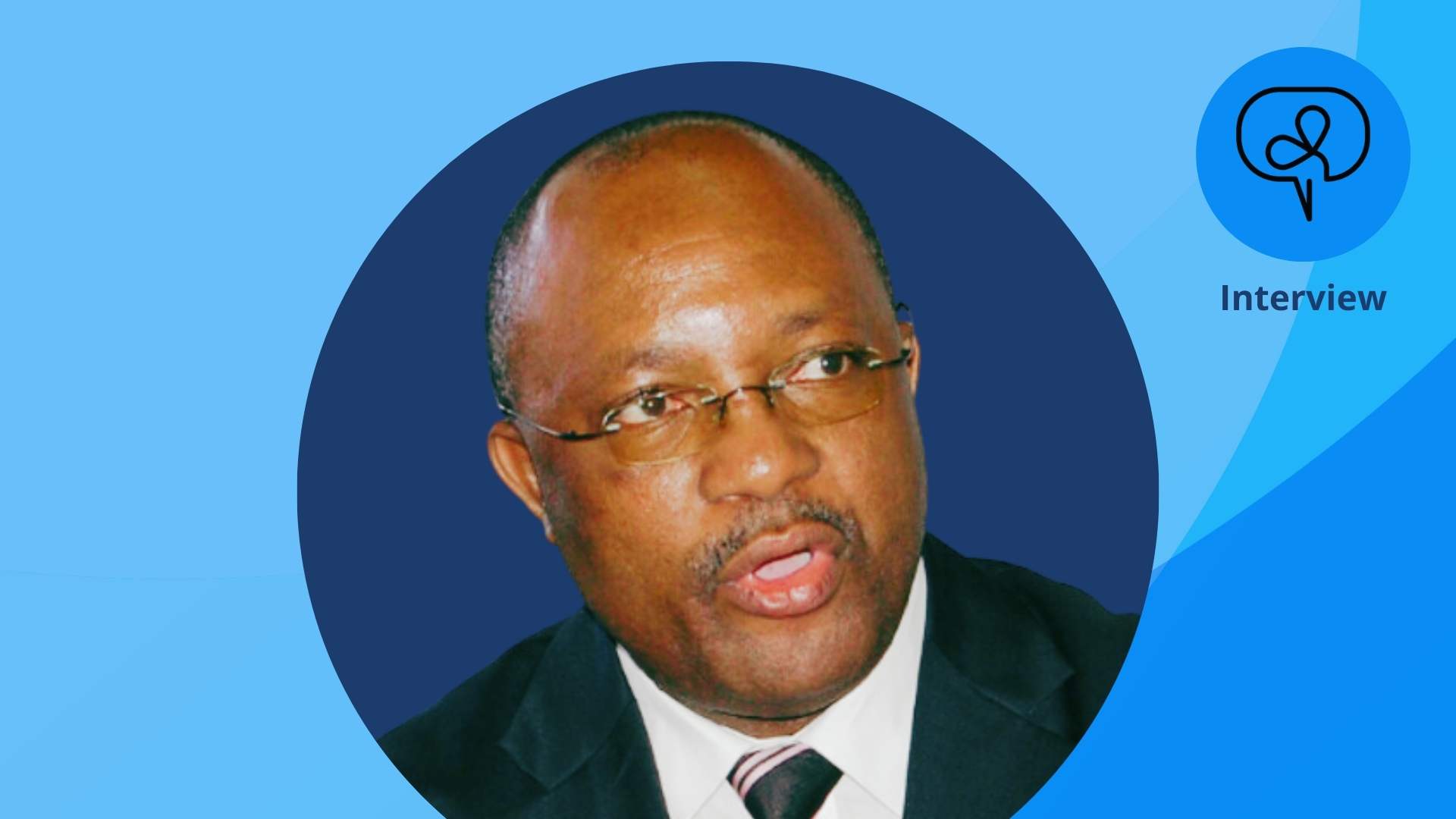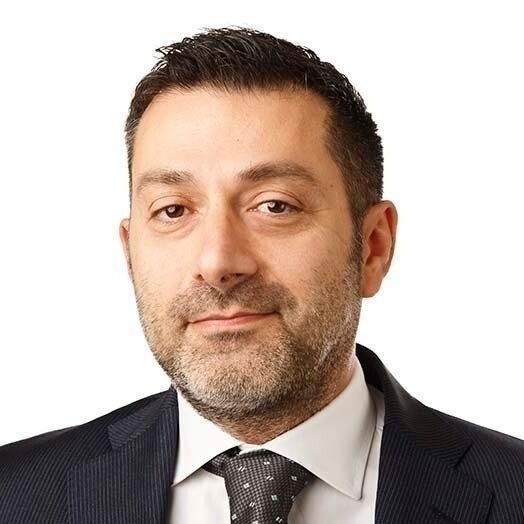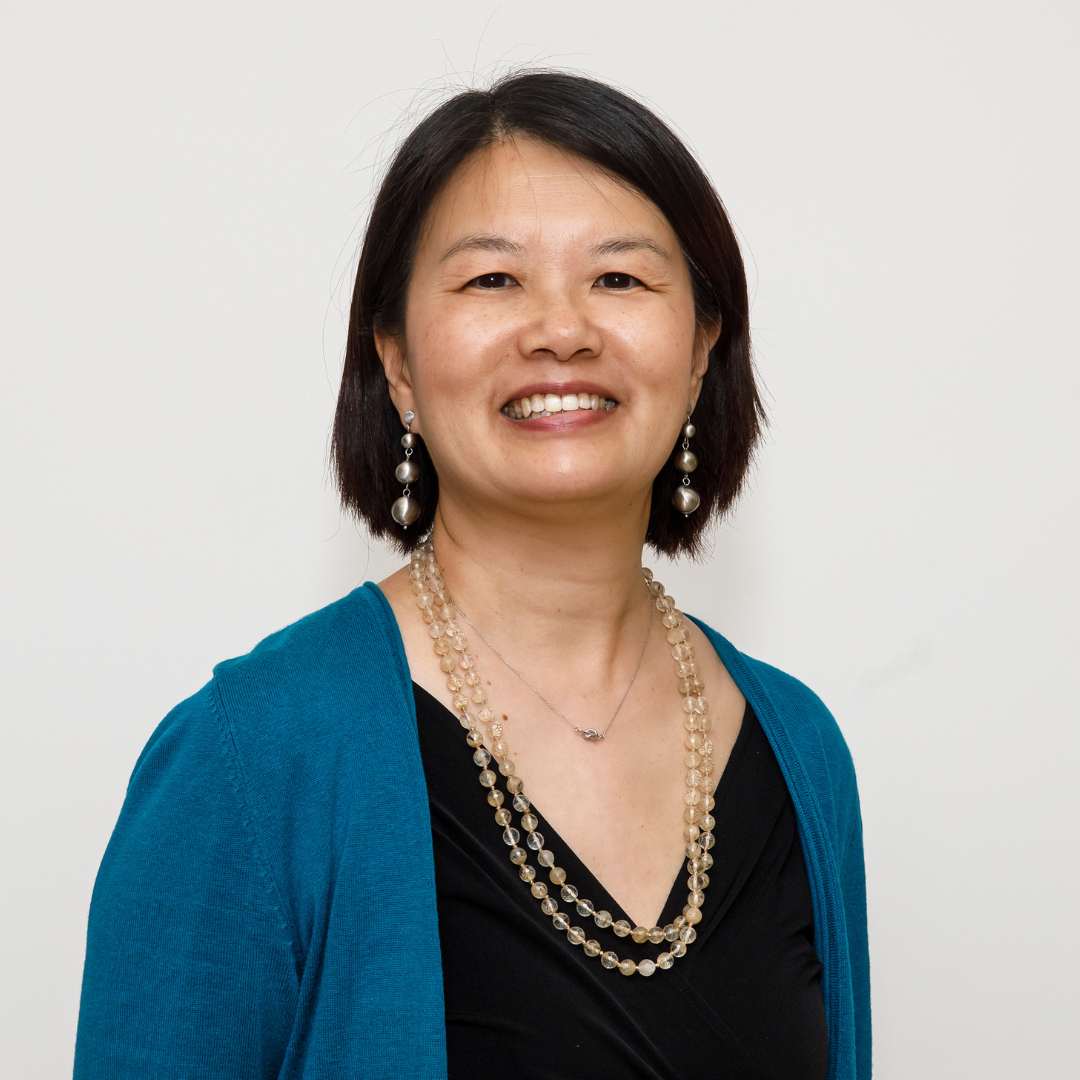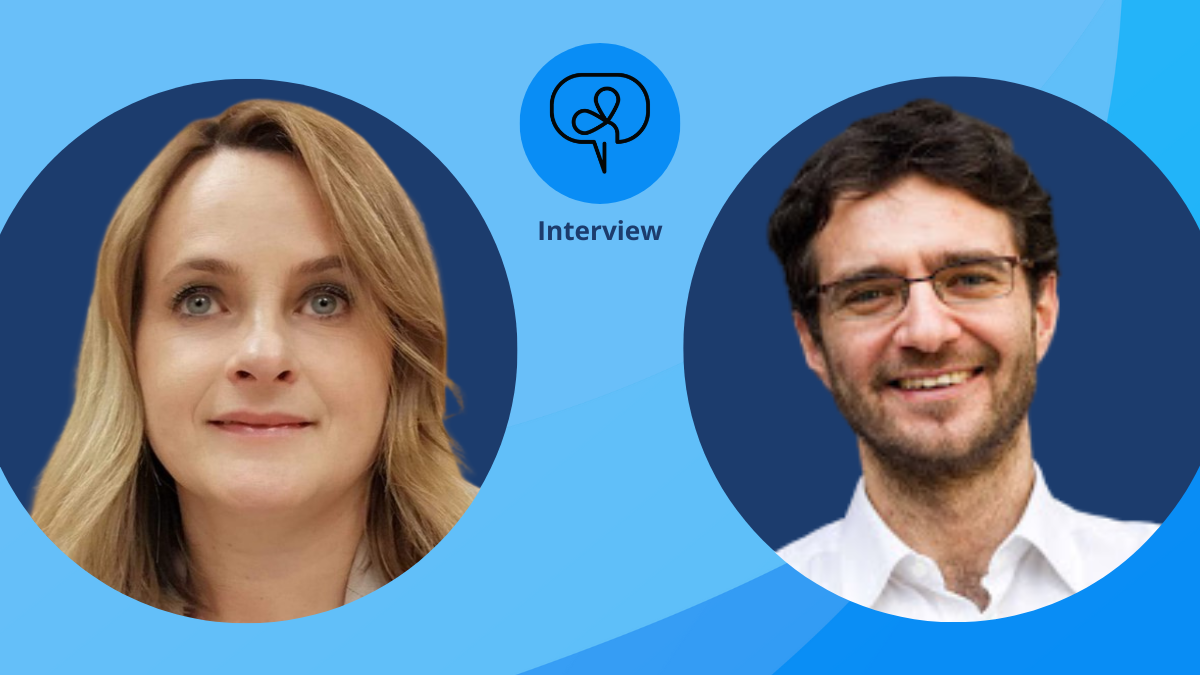
Federica de Gaetano, GDPRD's new Co-Chair, and Francesco Rampa discuss the growing momentum around sustainable food systems. As the world grapples with climate change, food insecurity and economic challenges, a holistic approach to rural development becomes increasingly urgent. Italy's G7 Presidency in 2024 sets the stage for critical dialogue and initiatives on these issues.
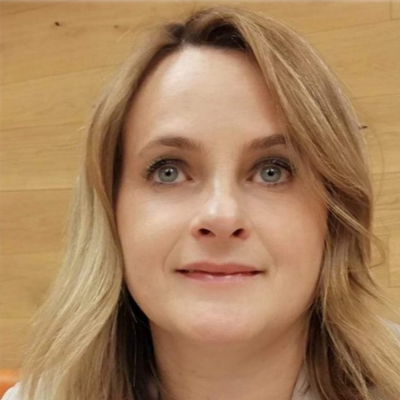
Federica de Gaetano
Food Security Project Officer, Food Security and Rural Development Department,
Italian Agency for Development Cooperation (AICS)
GDPRD Co-Chair

Francesco Rampa
Senior Expert for Food Security and Food Systems, G7 Sherpa Office, Italian Prime Minister’s Office
Federica de Gaetano is the Food Security Project Officer, Food Security and Rural Development Department at the Italian Agency for Development Cooperation (AICS). She is also the GDPRD's new Co-Chair.
Francesco Rampa is the Senior Expert for Food Security and Food Systems, G7 Sherpa Office, at the Italian Prime Minister’s Office.
Michelle Tang/GDPRD Secretariat: Congratulations, Federica, on your role as Co-Chair of the Donor Platform. Would you like to share some thoughts about your new leadership role?
Federica de Gaetano/AICS Italy: I am delighted to take on the role of Co-Chair of the Global Donor Platform for Rural Development (GDPRD). Having followed the GDPRD since starting my career at the Italian Agency for Development Cooperation (AICS), I am familiar with its work and eager to contribute. The GDPRD is invaluable for sharing knowledge, building networks, and brainstorming on important issues around rural development and food security. I'm ready to play an active role.
Michelle: Could you outline AICS's main priorities in agriculture, rural development, and food systems?
Federica: AICS primarily focuses on developing a sustainable and climate-resilient agricultural system using agroecological approaches. We aim to strengthen the agrifood system and improve food security.
Central to AICS’s work are the national pathways developed by partner countries in the framework of the United Nations Food Systems Summit. Thanks to them, we understand each country’s priority towards a more sustainable and resilient food system.
To promote food security, AICS will focus on actions that guarantee sufficient, diverse, and ecologically sustainable food for all, especially at local and regional levels. We also foster the nexus between the protection of natural resources, agriculture, nutrition, and health, with particular attention to crops with higher nutritional value and greater resilience to climate change.
AICS will also focus on achieving a quality and sustainable food production chain, shortening value chains, and enabling local communities to live well within their resources while preserving ecosystem health, biodiversity, and soil health.
Food systems and food security have been longstanding priorities for Italy on the international stage.
Michelle: Italy currently presides over the G7 and Francesco, we're privileged to have you here. The Presidency’s priorities are food security, food finance, and food and climate. What are the opportunities for key public donors to align their work for maximum impact?
Francesco Rampa/Italian Government for the G7: Food systems and food security have been longstanding priorities for Italy on the international stage. Our commitment goes back to the L’Aquila Food Security Initiative, (G7 Presidency 2009 ), the Matera Declaration (G20 Presidency 2021), and our leadership in the UN Food System Summit process when Italy hosted the Pre-Summit and the UN Food Systems Summit +2 Stocktaking Moment.
It was natural for Italy to launch the Apulia Food Systems Initiative (AFSI) at the G7 Leaders’ Summit in June to focus on the food-climate nexus and the financing of sustainable food systems. This gives the mandate for the Ministers of Development to build on their commitments, actions, and investments by their October meeting in Pescara. This “G7 plus” approach underscores the cross-cutting nature of food systems, better financing, and climate change. Progress on achieving SDG 2 and the UN 2030 Agenda hinges on these areas.
Given this, it is natural for other donors to share our focus and have convergence on food-climate and food-finance. We envision the G7, some of whom are Donor Platform members, and others aligning these two areas with their own initiatives, better coordinating, and exploring joint investments when possible.
Examples include Italy’s proposal to G7 countries to champion through the AFSI existing initiatives like the Technical Cooperation Collaborative (TCC), launched at COP 28 to implement the “Declaration on Sustainable Agriculture, Resilient Food Systems, and Climate Action”, the first time heads of state have come together on food and climate, to support the integration of national food system pathways with national climate plans. The Vision for Adapted Crops and Soils (VACS), focused on orphan crops in Africa, is another initiative.
Many donors are exploring beyond ODA and engaging their development finance institutions (DFIs) and public development banks (PDBs). Under the AFSI, the G7 Leaders launched a coalition of G7 DFIs and PDBs to look at the food economy and increase coordinated investments in African food systems, leveraging tools like climate and food swaps.
The Italian Presidency’s geographic focus on Africa is another factor in bringing donors on board the Apulia Food Systems Initiative. Africa’s significant needs in food security and climate adaptation make it a natural focus for collaborative investment in sustainable food systems.
Italy is looking to enhance a relatively new but important debate on financing agricultural development and sustainable food systems by increasingly looking at innovative finance mechanisms.
Michelle: What are the emerging opportunities and challenges in the future of food systems, including those related to closing the finance gap?
How is Italy addressing these issues, particularly in terms of sustainable and blended financing? Could you highlight some takeaways for donors in the GDPRD?
Francesco: Italy is looking to enhance a relatively new but important debate on financing agricultural development and sustainable food systems by increasingly looking at innovative finance mechanisms. ODA and public resources alone will never be enough, nor will they increase significantly in the coming years. The private sector is central to sustainable development, especially in the food economy and low-income countries in Africa, where the majority of small companies and employed workforce are active.
It will be important to stimulate more private investments, and blended finance is exactly aimed at coordinating and combining public and private resources more effectively and at reducing the risks for private investors.
Italy has intensified its public-private partnership approach to the food economy. It is not only the public systems like AICS or public development bank (Cassa Depositi e Prestiti) but also companies in Italy who are interested in joint ventures. We are undertaking regional public-private missions, starting from Africa and the Mediterranean, to identify local food security cooperation initiatives and foster collaboration between Italian companies and African entrepreneurs.
Italy has been looking at increasing blended financing through public guarantees. Agriculture is still a risky business, especially in low-income countries, so most private companies and private capital still prefer to invest elsewhere. But by using public resources through guarantees to cover the loss of private investment, it is increasingly looking to be successful at stimulating private investment. And this is the role of the Cassa Depositi e Prestiti in its public guarantees. It is the role of the Italian Climate Fund, 70% of which is devoted to Africa, and helps the adaptation of the food economy to changing climate, and these include financial instruments to derisk private investments in agriculture.
While public guarantees can mitigate risks, investors typically prioritize financial returns. But it is essential to rebalance assessments of risk-return-impact of investments. by emphasizing the broader impact of sustainable food systems. Investments in this area can generate significant long-term benefits for people, the environment, and the overall agricultural sector.
As a private investor, you look at the short term and it may seem that agricultural investments do not bring a high return. But if you think that you're going to have a massive impact by investing in sustainable food systems, on women, on natural resources by maintaining soils, water, and forest, then this allows your impact to be much stronger and decrease the risks of agriculture in the medium and long term.
Financial instruments alone are not enough and therefore what Italy and others are trying to do is accompany innovative, blended finance instruments with policy reforms. In African low-income countries, policy reforms and multi-actor platforms are equally important. Smallholder farmers, companies, and service providers must be actively involved in the decisions about what to finance. By combining innovative finance, sound policies, and inclusive partnerships, we can create a more sustainable, resilient, and impactful food system.
Michelle: Federica, the Donor Platform celebrated its 20th anniversary in 2023. How do we maintain its relevance for members? What do you see as its greatest value to the donor community?
Federica: The Donor Platform has been highly effective as a forum for members, donors, and stakeholders to share information and stay updated on food security and rural development topics. This includes being informed about key events such as the Food Systems Summit in which the Donor Platform participated, and publishing a white paper “Transforming Food Systems: Directions for Enhancing the Catalytic Role of Donors”.
It also provides a space for donors to clarify and address food security challenges from data monitoring to new financial tools. Additionally, the Food Systems Recommendations Database is another example of best practices, being a valuable and user-friendly resource that consolidates key reports and studies from major food system stakeholders.
The GDPRD’s commitment to information sharing and member updates has contributed to a significant level of alignment and cooperation on rural development and food security issues.
Michelle: What gives you hope for the coming year?
Federica: The GDPRD’s commitment to information sharing and member updates has contributed to a significant level of alignment and cooperation on rural development and food security issues, which we have seen in its meetings and events.
The Apulia Initiative, launched at the G7 Leaders’ Summit, offers an opportunity for cooperation among G7 and non-member countries on food security and agriculture, as discussed at the GDPRD’s coordination gathering in March. This inclusive approach, with Africa, the G20, COP, and the G7 Presidency, gives a strong motivation to continue working together on global food security.
Francesco: The last decade has seen a growing attention to the issues Federica and I have highlighted, which are central to Italy's presidency. There is increasing recognition of the connection between food and climate as evidenced by the COP 28 Food and Climate Declaration, becoming a less technical conversation as more citizens are aware of the climate crisis. Europe's recent extreme weather experiences will hopefully translate into a more serious approach to coherent and complementary policy and investments in food and climate, given that Brazil’s COP30 Presidency next year has already prioritized nature and food systems.
Despite the challenges, the private sector has gained an increasing understanding of the potential of investing in sustainable food systems, with more micro-investments, private capital initiatives, municipality-level interventions, and a better understanding of consumers. The perception around the food economy and food and nutrition insecurity is shifting from a problem of a few countries that cannot sufficiently eat, to an opportunity. There is a growing understanding that sustainable practices can also be very profitable.
This shift is very important because governments alone will not make it. I am hoping this will be a bottom-up process with not only important declarations and initiatives by the G7 and G20 but also matched with the reality of markets, companies, and citizens so that we move together to make sure there are enough resources to be invested in more sustainable food systems.


